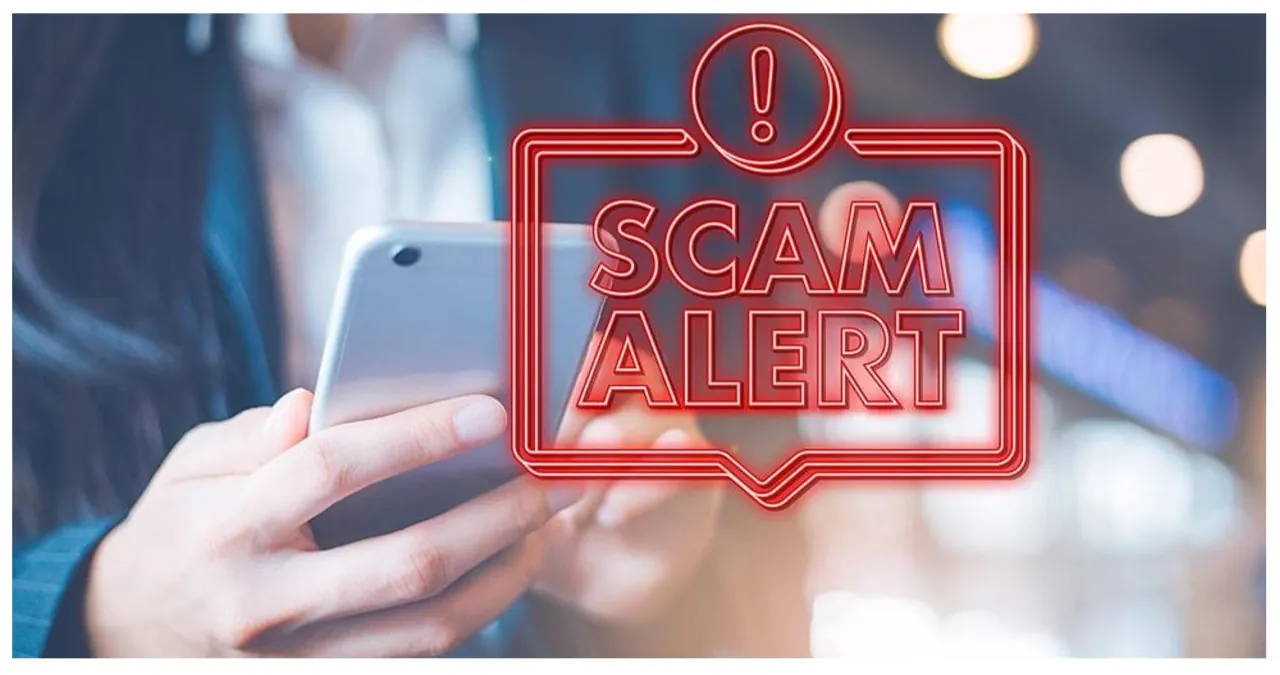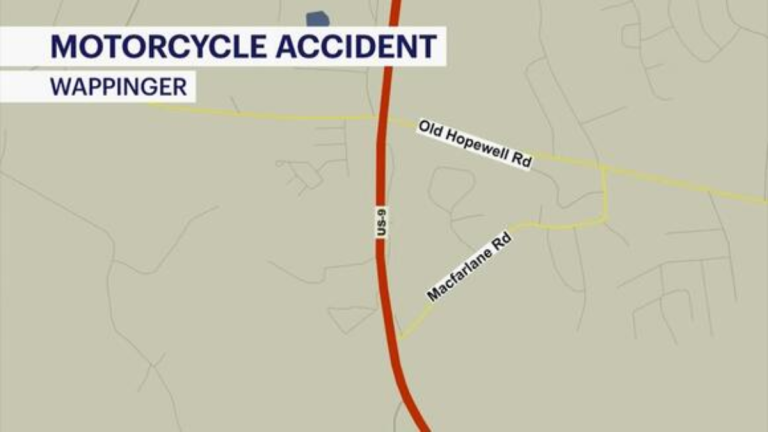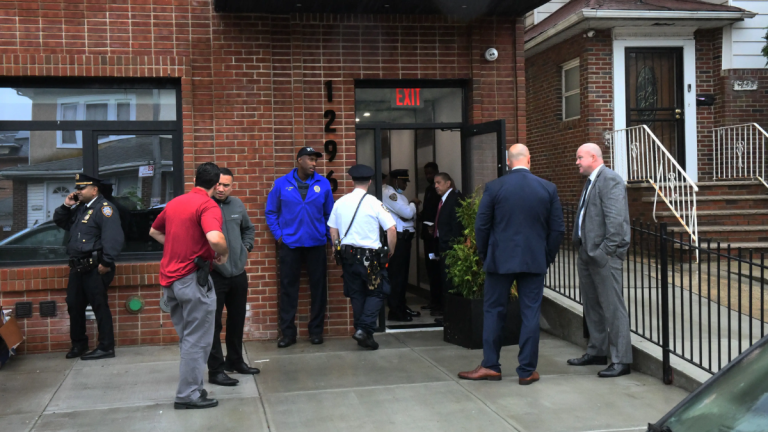Avoid Answering Calls from These Numbers to Prevent Scams
In today’s world, with the prevalence of cell phones, identifying the caller has become a straightforward task.
With the help of caller ID, we can now see the name of the person calling us from our contacts displayed on our screen. This feature allows us to decide whether to answer the call if we recognize the caller or send it to voicemail if we’re not in the mood to talk.
When we receive calls from unfamiliar numbers, many of us choose to simply ignore them. Personally, I tend to disregard calls that appear as “unknown” on my caller ID.
Sometimes, out of curiosity, we may find ourselves calling back unknown numbers. This may seem harmless, but we need to exercise caution, especially if the area code is unfamiliar. Scammers often employ a deceptive tactic known as the ‘one-ring’ scam. They will call you, allow the phone to ring once, and then abruptly end the call, in hopes that you will return the call.
In a world where online scams are becoming increasingly prevalent, it’s important to stay vigilant and protect yourself from falling victim to these deceptive schemes. Scammers are constantly evolving their tactics and finding new ways to exploit unsuspecting individuals. One such scam that has gained popularity in recent years is the attachment scam.
The attachment scam typically involves receiving an email or message with an attachment that appears to be harmless, such as a document or a photo. However, upon opening the attachment, malware or ransomware is unleashed onto the victim’s device, allowing scammers to gain access to sensitive information or hold the victim’s data hostage.
These scams can be particularly devastating as they often go undetected until it’s too late. The scammers behind these schemes are skilled at disguising their malicious attachments to appear legitimate, making it difficult for even the most tech-savvy individuals to spot the red flags.
To protect yourself from falling victim to an attachment scam, it’s important to exercise caution when receiving unsolicited emails or messages. Be wary of attachments from unknown senders, especially if the email or message seems suspicious or out of the ordinary. Avoid opening attachments unless you can verify the source and ensure its legitimacy.
Additionally, it’s crucial to keep your devices and software up to date with the latest security patches and antivirus software. Regularly scanning your device for malware can help detect and remove any potential threats before they can cause harm.
Remember, scammers are becoming increasingly sophisticated, so it’s important to stay informed and educated about the latest scams and techniques being used. By staying vigilant and following these precautions, you can protect yourself from falling victim to an attachment scam and keep your personal information safe.
When you call back, it may come as a surprise that you could end up with additional charges on your phone bill. Scammers take advantage of this by profiting from the call you make to them.
Automated calls have become such a rampant issue that several state attorney generals are pushing to outlaw them. Therefore, it is imperative to exercise caution and avoid falling prey to these deceptive tactics.
If you receive a call from any of the following area codes, be cautious as they are associated with scam activity. It is advisable to only answer calls from numbers that you recognize. Remember, if the call is important, the caller can always leave a message for you to respond to later.
Domestic Area Codes with Known One-Ring Scammers
-
- 216: Cleveland Ohio
- 218: Northern Minnesota
- 332: New York City
- 347: New York City
- 469: Dallas, Texas
- 646: New York City
- 657: La Palma, California
- 712: Western Iowa
International Area Codes to Avoid
When making international calls, it’s important to be aware of certain area codes that are commonly associated with scams or fraudulent activities. By avoiding these area codes, you can help protect yourself from potential scams and ensure a safer phone calling experience.
One area code that is frequently used for scam calls is 419, which originates from Nigeria. Scammers often use this area code to pose as wealthy individuals or government officials who promise lucrative opportunities or financial assistance in exchange for personal information or upfront payments. It’s advisable to be cautious when receiving calls from this area code and to avoid engaging with suspicious callers.
Another area code to be wary of is 876, which is associated with Jamaica. Scammers from this area code may try to entice unsuspecting victims with promises of lottery winnings or vacation packages. They often request payment or personal information in order to claim these prizes, but it’s important to remember that legitimate lotteries and vacation offers will not ask for upfront fees or personal details over the phone. If you receive a call from this area code, it’s best to exercise caution and not provide any sensitive information.
Additionally, area code 234, originating from Nigeria, is another one to avoid. Scammers from this area code may attempt to deceive individuals by posing as potential romantic partners or business associates. They often use emotional manipulation or false business proposals to gain trust and eventually ask for money or personal information. It’s crucial to remain vigilant and skeptical when receiving calls from this area code, especially if they involve requests for financial assistance.
By familiarizing yourself with these area codes and exercising caution when receiving calls from them, you can help protect yourself from potential scams and fraudulent activities. Remember to never provide personal information or make payments to unknown individuals over the phone, and report any suspicious calls to the appropriate authorities.
-
- 232: Sierra Leone
- 268: Antigua and Barbuda
- 284: British Virgin Islands
- 473: Grenada, Carriacou, and Petite Martinique
- 649: Turks and Caicos Islands
- 664: Montserrat
- 767: Commonwealth of Dominica
- 809, 829, 849: Dominican Republic
- 876: Jamaica







